President attends commemorations in Yerevan
Serbian President Tomislav Nikolic was in Yerevan on Friday, attending commemorations on the 100th anniversary of the massacre of Armenians.
Friday, 24.04.2015.
12:45

President attends commemorations in Yerevan
"I arrived in Yerevan to, in the name of the Serbian people and in the name of the Serbian state, bow in front of the victims of the terrible tragedy of the Armenian people during the first great world war in the 20th century," said Nikolic."If anyone can understand and feel the misfortune of biblical proportions that in 1915 befell Armenians in the Ottoman Empire, and its permanent
consequences that cannot he healed, it is the Serbian people, it is Serbia," Nikolic said.
He explained that Serbia in the First World War had the highest percentage of losses among all countries and peoples affected by the war.
"Serbia's total losses from 1915 until 1918 reached a terrifying figure of 1,247,435 victims, which was approximately 28 percent of the population, of which 402,435 soldiers and 845,000 civilians. The remains of Serbian victims of the Great War are scattered in 1,815 burial sites in 18 countries. The burial places of many are not known," Nikolic said.
He added that the Armenian victims are "a perpetual reminder to the living" and that they must not be forgotten - "especially not today, when, in the words of Pope Francis, 'a piecemeal Third World War' is happening, and when once again hundreds of thousands of people are losing their lives, dignity and property."
According to him, the unwillingness and shying away from a fair and comprehensive facing of the most upsetting facts of the past produces new tragedies in the future.
The president said that "we live in a time when the disastrous belief has taken root that, by avoiding to name events by their real name, often by renaming them in a biased manner, the course of history can be permanently affected."
"Aware of this undeniable truth and the fatal consequences that wronging it brings to the whole humankind, we are not here today humbly, but also in a determined manner, to be for or against someone in our regrettable earthly divisions, but to honor the victims of a friendly nation that has long not been allowed to settle in an all-human recognition of its suffering,"said Nikolic.
The Serbian president then said that representatives of his country - "at a time when the term genocide is being manipulated in a politicking, insensitive way, and when the role of perpetrators is being imposed on the proven victims of repeated pogroms and genocide" - could not be absent from the ceremony in Yerevan and let down the millions of victims.
"We could not and we did not miss (the commemoration), just as we will never allow base calculations and imposed 'political correctness' to make us miss any dignified reminder of the suffering that wars and other conflicts inflicted on people around the world, to bow in front of the graves which conceal the unfulfilled dreams of young and old, soldiers and civilians, women and children, whose life's path was cruelly cut by the rabid forces of hatred and evil," Nikolic said.
The commemoration for the victims of the pogrom of Armenians during the Ottoman Empire was also attended by French and Russian presidents, and started with a march of thousands of people.
The Armenian Church on Thursday canonized the 1.5 million people killed in massacres and deportations during the First World War, said the BBC.
Turkey, however, strongly opposes the use of the term "genocide" to describe the killings, "because there were many deaths on both sides," and also claims that there were "much fewer that 1.5 million victims."
A memorial will also be held in Turkey, with Prime Minister Ahmet Davutoglu saying that his country will "share the pain" of Armenians, and reiterating that the killings did not constitute a genocide.
Earlier this month, Turkey recalled its envoy to the Vatican after Pope Francis used the word genocide. German President Joachim Gauck on Thursday also described the killings as genocide, on the eve of a debate on this issue in the German parliament.
France strongly supported the move to treat the pogrom as genocide, and the country's president has proposed its denial to be punishable by law.
U.S. President Barack Obama described the massacres as terrible slaughter, but avoided the term genocide.
Historians in 20 countries, including Russia, France and Germany, as well as international bodies, among them the European Parliament, consider the killings to have been a genocide.
Also on Friday, Turkey is hosting world leaders as it marks the 100th anniversary of the Battle of Gallipoli, "sending a message of reconciliation and patriotic pride" over one of the most dramatic victories of the Germany-allied Ottoman Empire over the Allies during WW1, reported the AFP.
That ceremony will be attended by Serbian Foreign Minister Ivica Dacic.












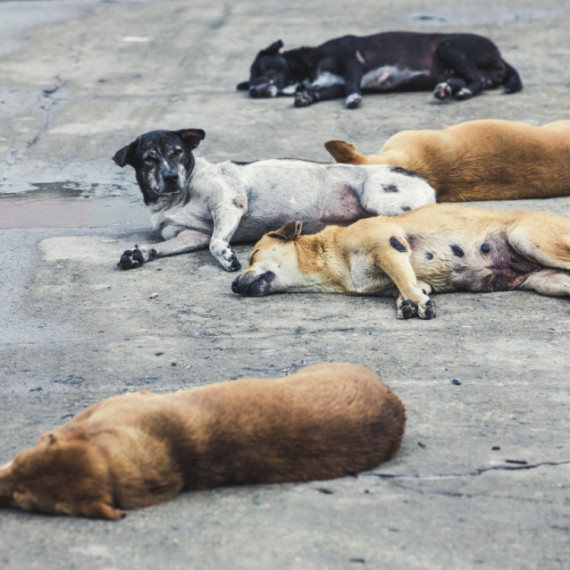
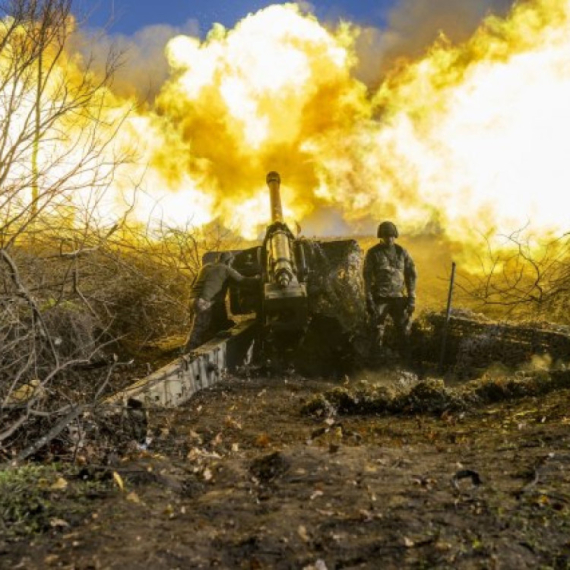

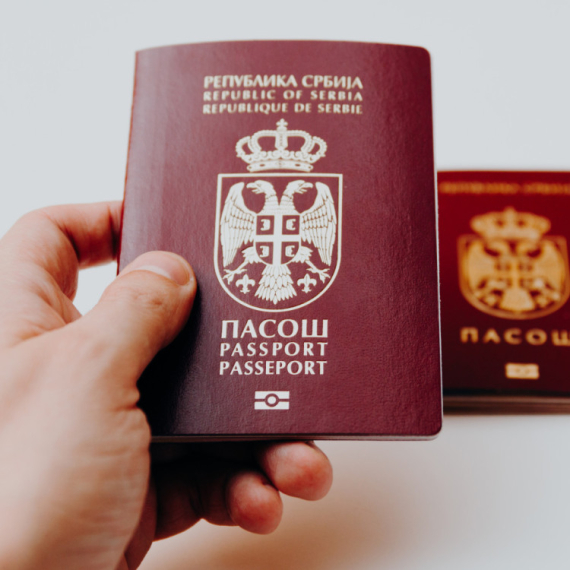
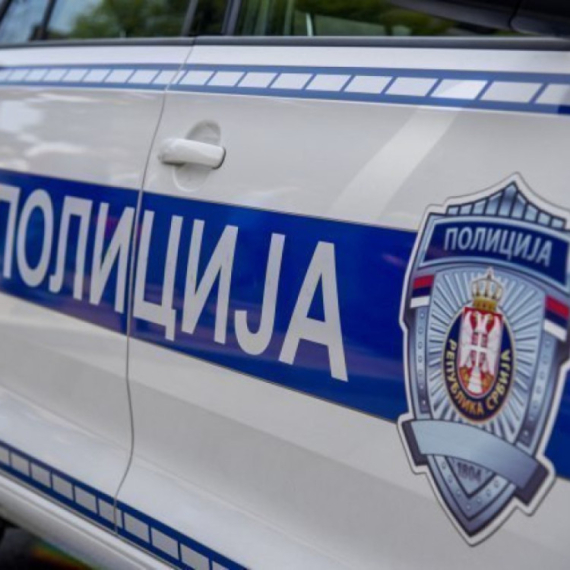
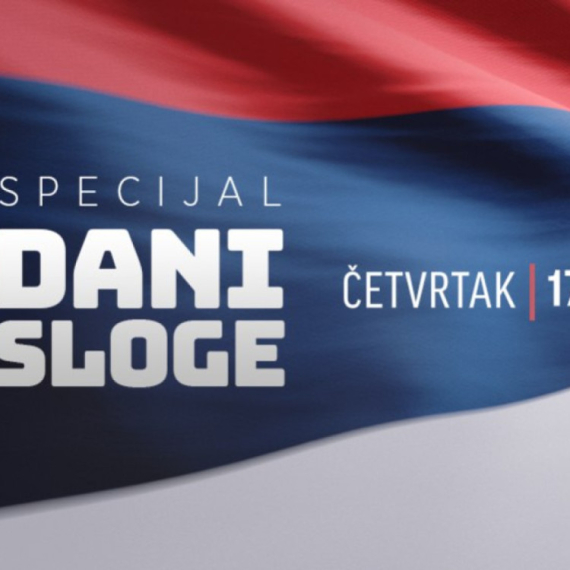
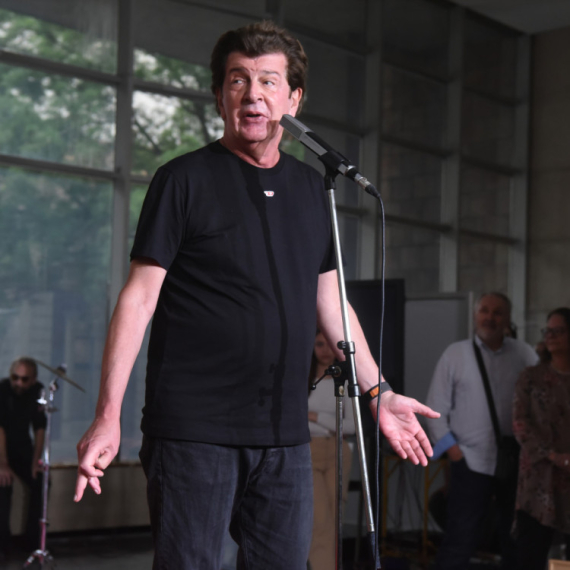



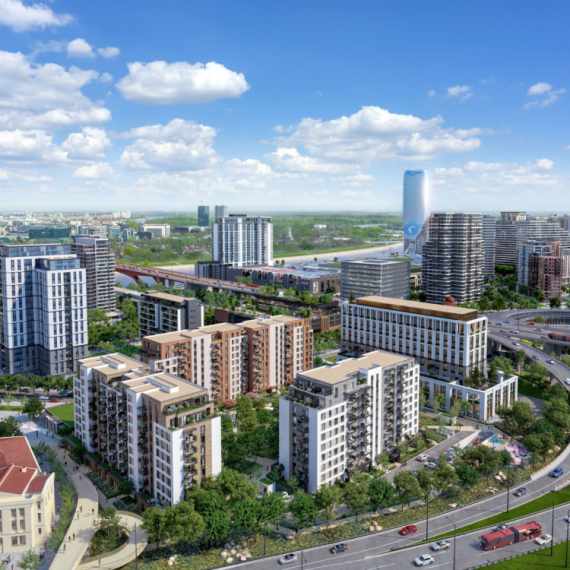
















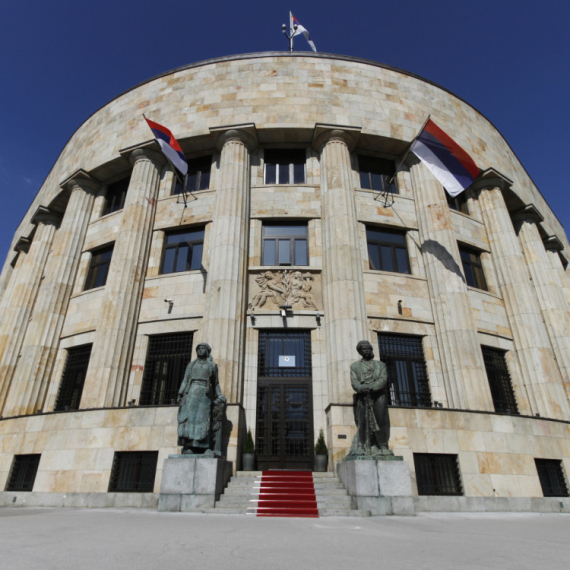

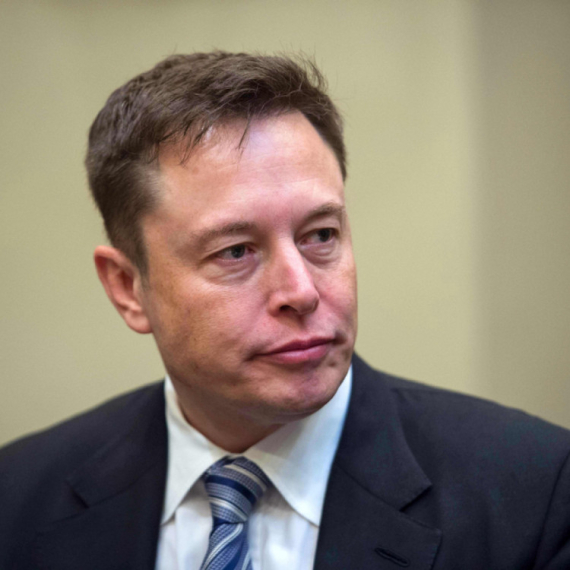







Komentari 39
Pogledaj komentare